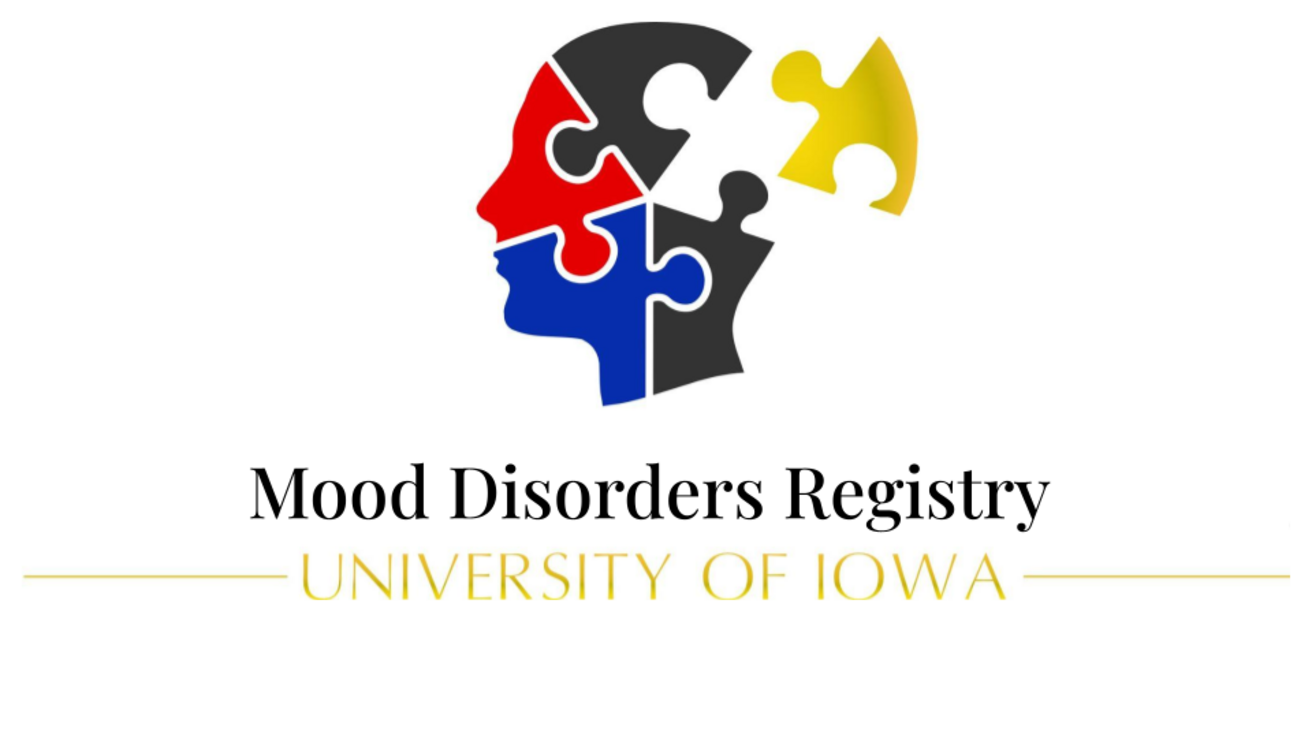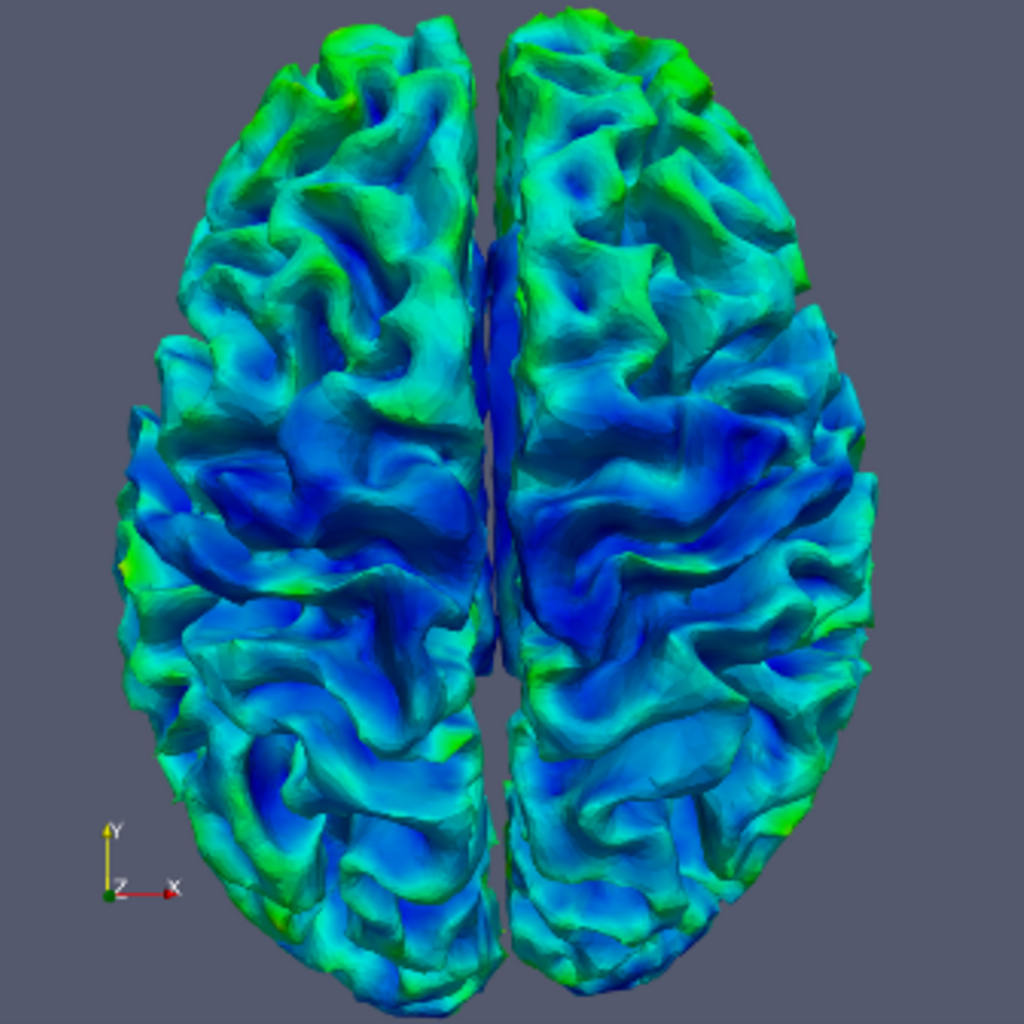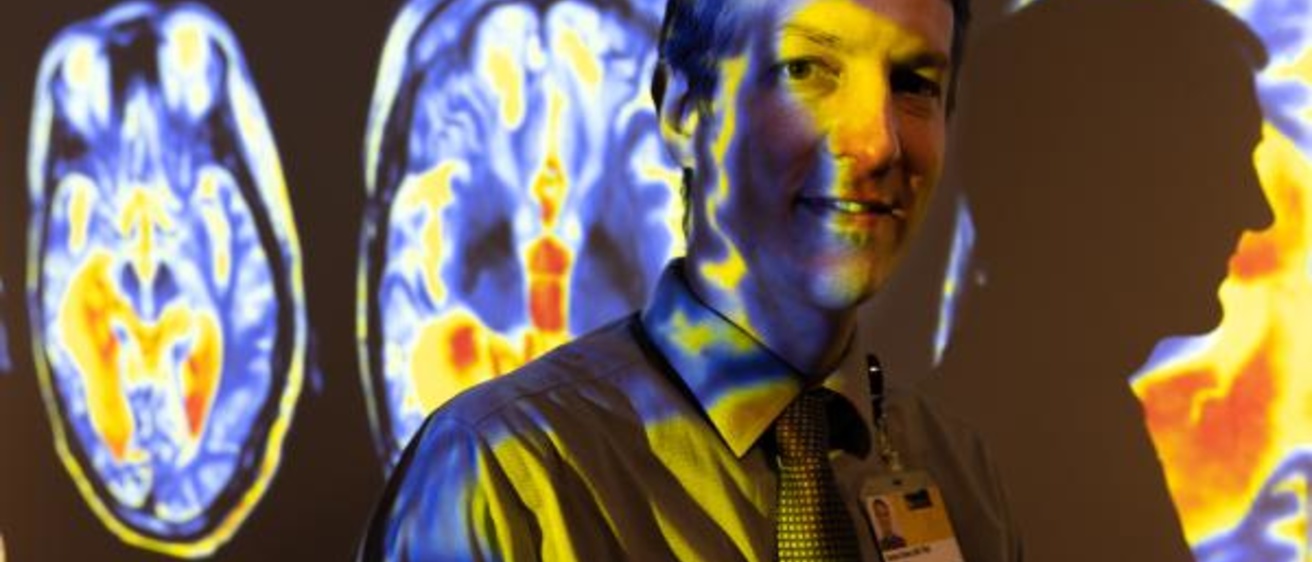The Mood Disorders Registry is a valuable way for researchers to reach potential participants for current and future studies.
Anyone age 18 and over can enroll. Two examples of mood disorders are bipolar disorder and major depression, but individuals with other mood disorders are welcome as well. If you do not have a mood disorder, you can still sign up as a potential control participant!

Where Are We Located?
A number of our researchers call the beautiful Pappajohn Biomedical Institute home. With state of the art imaging facilities, it is a perfect place to conduct groundbreaking research. Located at 169 Newton Road, Iowa City, IA, 52242, be sure to check out the Java House Cafe located on the first floor if you drop by for a visit!
We are on social media
Follow us to stay up-to-date on Iowa Mood Disorders Registry posts associated with mood disorders such as depression and bipolar.
Most recent publication:
- Feasibility & accuracy of the ASERT digital questionnaire in mood tracking for a longitudinal research study on bipolar disorder
Sixteen Years of Mood Disorder Research
Mood Disorders Registry Founded
2009The Mood Disorders Registry was created with the purpose of recruiting both volunteers diagnosed with affective (mood) disorders and volunteers not diagnosed with these disorders, but who are still interested in contributing to research at the University of Iowa. The registry has already been used in numerous studies probing the nature of mood disorders. The published findings were only possible through the dedication of our research volunteers, and we are always looking for new volunteers!
Roger Koch Donation
2010Roger Koch provided significant funding allowing us to establish our bipolar disorder research program. This work focused on the establishment of a brain imaging study with assessment of bipolar disorder across the mood spectrum. This work included anatomical, functional, and metabolic imaging with this data serving as preliminary data for our future grant applications to NIH. The findings from these studies also establish our focus on the cerebellum and how this part of the brain may have serve a compensatory role in the disorder.
NARSAD Young Investigator Award
2014Casey Johnson received this award to acquire multi-parametric data quantitative measures (T1, T2, T1rho) using MR imaging to study brain changes in bipolar disorder. This study collected a cohort of bipolar participants in the euthymic mood state and compared this to a matched set of controls.
NARSAD Independent Investigator Award
2015Vincent Magnotta received this award to study brain function using a novel imaging approach to study pH dynamics in the brain and changes associated with bipolar disorder. Multiple functional imaging approaches (BOLD, ASL, T1rho) were used to study retinotopic eccentricity mapping in the visual cortex across the mood spectrum in bipolar disorder.
Cerebellar Metabolism in Bipolar Disorder
2017In this 5-year study funded by the NIH, we identified the underlying mechanisms of this illness that may provide a foundation for better evidence-based diagnostic and therapeutic techniques. Volunteers underwent psychiatric symptom assessment and brain imaging. We integrated the cerebellum into the emotional control network and investigated changes in the networks associated with mood states. The study finished recruitment at the end of 2021.
Iowa Neuroscience Institute Research Program of Excellence
2018The bipolar disorder research program received a three year Research Program of Excellence (RPOE) award. This award allowed us to expand our research to include: 1) Genetics/epigenetics, 2) Circuit level mechanisms, and 3) Neuromodulation. This award also expanded the research team to bring together investigators from across campus with collaborate on these projects. In addition, they meet regularly to discuss results and design new studies.
Suicidality in Bipolar and Major Depression Disorders
2021The rate of mortality by suicide is approximately twenty times higher in psychiatric disorders as compared to the general population. Among psychiatric disorders, bipolar disorder (BD) has one of the highest rate of attempts (~40%), which is 2-3 times higher than in major depressive disorder (MDD). The neurobiological underpinnings for this high rate in BD remain poorly understood. In this NIH-funded study, we are investigating potential neural circuits underlying bipolar disorder and suicide. We use both MRI imaging and measurements of suicidal behavior, psychiatric symptoms, and personality traits. The study is looking to recruit 150 people with bipolar disorder, 150 with MDD, and 90 controls. Recruitment is ongoing and will finish recruitment in 2027!
Cerebellar Metabolism, Neural Circuits, and Symptoms in Bipolar Disorder
2023There has been a sparsity of studies undertaken that have attempted to follow participants with bipolar disorder and observe changes in brain behavior associated with fluctuations in mood. We have an ongoing two-year longitudinal study of 170 volunteers with a diagnosis of bipolar type I, as well as 90 controls, to study changes in cerebellar metabolism and function associated with mood fluctuations. Our bipolar volunteers receive a brief weekly mood assessment to identify changes in mood. If there is a distinct shift in mood, volunteers will undergo an MRI scan to assess changes in the brain. This NIH-funded study will continue recruitment into 2028!




